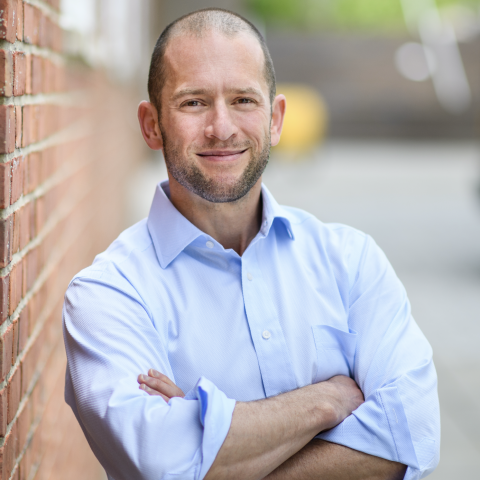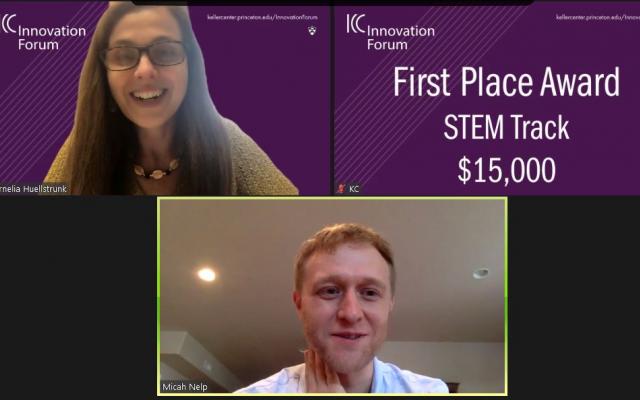
I am a Professor of Politics and International Affairs at Princeton University and direct the Empirical Studies of Conflict Project, a multi-university consortium that compiles and analyzes micro-level data on politically motivated violence in countries around the world. My research covers conflict, economic development, misinformation, and security policy. I am the author of The Terrorist’s Dilemma: Managing Violent Covert Organizations and co-author of Small Wars, Big Data: The Information Revolution in Modern Conflict. My research has been published in broad range of academic and policy journals as well as a number of edited volumes. I have conducted field research and large-scale policy evaluations in Afghanistan, Colombia, India, and Pakistan. I received the 2016 Karl Deutsch Award from the International Studies Association, given to a scholar younger than 40, or within 10 years of earning a Ph.D., who has made the most significant contribution to the study of international relations. I received my Ph.D. in Political Science, and my M.A. in Economics, both at Stanford University and my B.A. in Political Science, at the University of Michigan. I am a veteran of the United States Navy.
What will students be able to take away from your classes?
My classes at Keller are oriented around helping students develop actionable plans to solve important policy challenges. We work through everything from understanding the system you want to change, to finding the right story to motivate change, to working out the budget for a new organization or advocacy campaign. The goal is for students to leave with the outline of a plan they could take to donors and begin working the problem for real.
What are your responsibilities at the Keller Center?
Teach courses on policy entrepreneurship.
What attracted you to the Keller Center?
The chance to support entrepreneurial students as they seek to tackle hard problems.
How are you involved with the Keller Center?
I teach a course on policy entrepreneurship.

